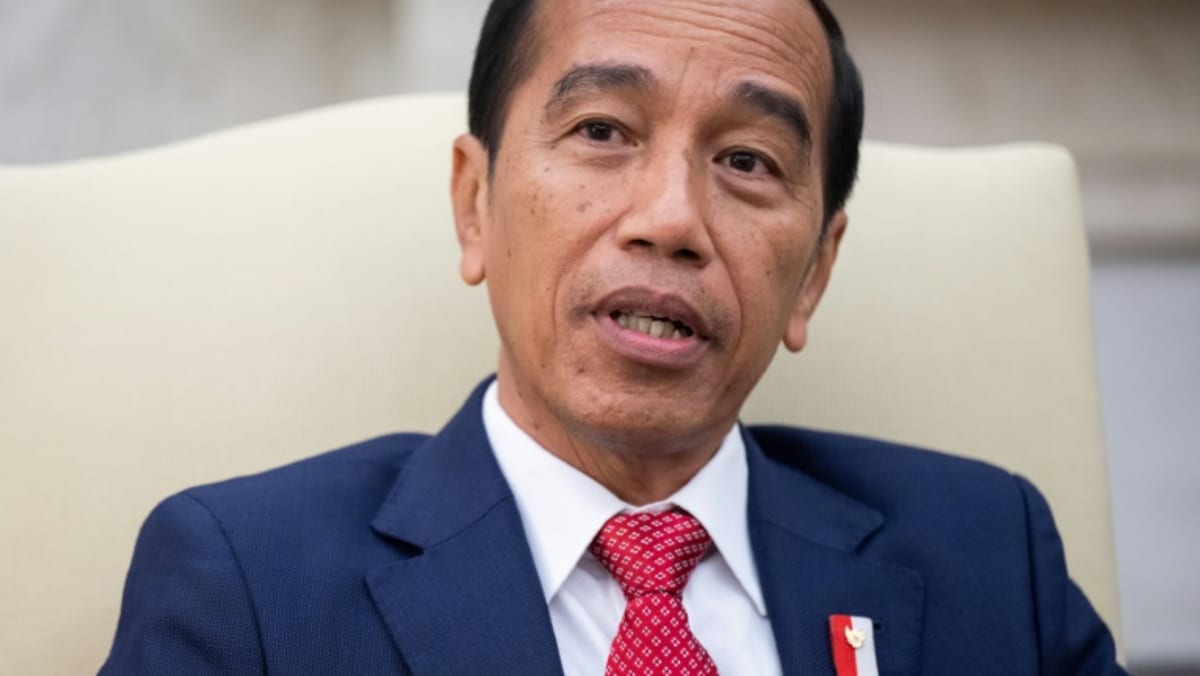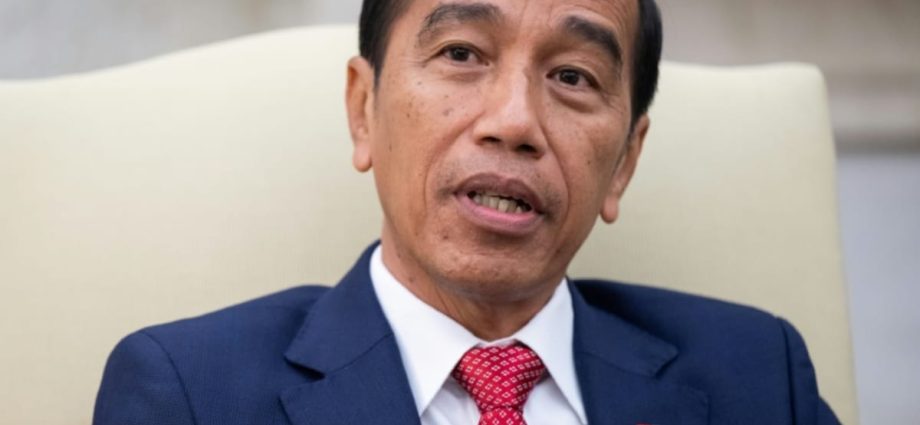
SINGAPORE: Indonesian President Joko “Jokowi” Widodo’s increasingly visible support for presidential candidate Prabowo Subianto has been likened by observers to how United States presidents formally endorse and even campaign on behalf of their preferred candidates, albeit with an Indonesian twist.
They say Mr Widodo’s obvious preference for Mr Prabowo through his various indirect shows of support in the run-up to the Feb 14 polls is unprecedented in Indonesian politics and could undermine public confidence in the presidency as an institution and over the electoral process going forward.
President Jokowi is Indonesia’s second two-term president since it adopted direct presidential elections in 2004.
But by all accounts, he has been nothing like Mr Susilo Bambang Yudhoyono who served two terms till 2014 and remained officially neutral in the polls that year, adhering to societal traditions that a non-running president should remain above politics during elections.
In contrast, Mr Widodo, who’s from the Indonesian Democratic Party of Struggle (PDI-P), has participated in events such as state assistance programmes and attended cosy meals with both Mr Prabowo and members of the latter’s coalition network.
The incumbent president has also returned regularly to the critical battleground of Central Java in the weeks before the election in what his office describes as work trips, but some analysts view as open campaigning for Mr Prabowo, who heads the Great Indonesia Movement (Gerindra) party, according to Asia News Network.
Observers say Mr Jokowi’s actions are similar to those of many outgoing US presidents barred from contesting a third term.
Dr Ambang Priyonggo, Assistant Professor of Political Communication at the Department of Digital Journalism of the Multimedia Nusantara University, told CNA that Mr Widodo’s political maneuvering of endorsing a preferred successor is a new style of campaigning in Indonesia.
“This presidential endorsement is similar to the US, where it’s usual for a sitting president to back not just their favoured presidential candidate, but also those running for the Senate, the House of Representatives, and governorships,” he said.
In the US, when a president is not contesting another term, it’s common to endorse the nominee of their party though it’s not mandatory to do so.
The latest example was in the 2016 election when outgoing president Barack Obama not only endorsed Mrs Hillary Clinton but also actively campaigned for her at multiple large rallies in key swing states.
Similar endorsements were seen in the 56th presidential election when Mr George W Bush supported Mr John McCain in 2008, Mr Bill Clinton backed Mr Al Gore in 1999 for the 2000 election, and Mr Ronald Reagan endorsed Mr HW Bush in 1988 for the 51st election.

